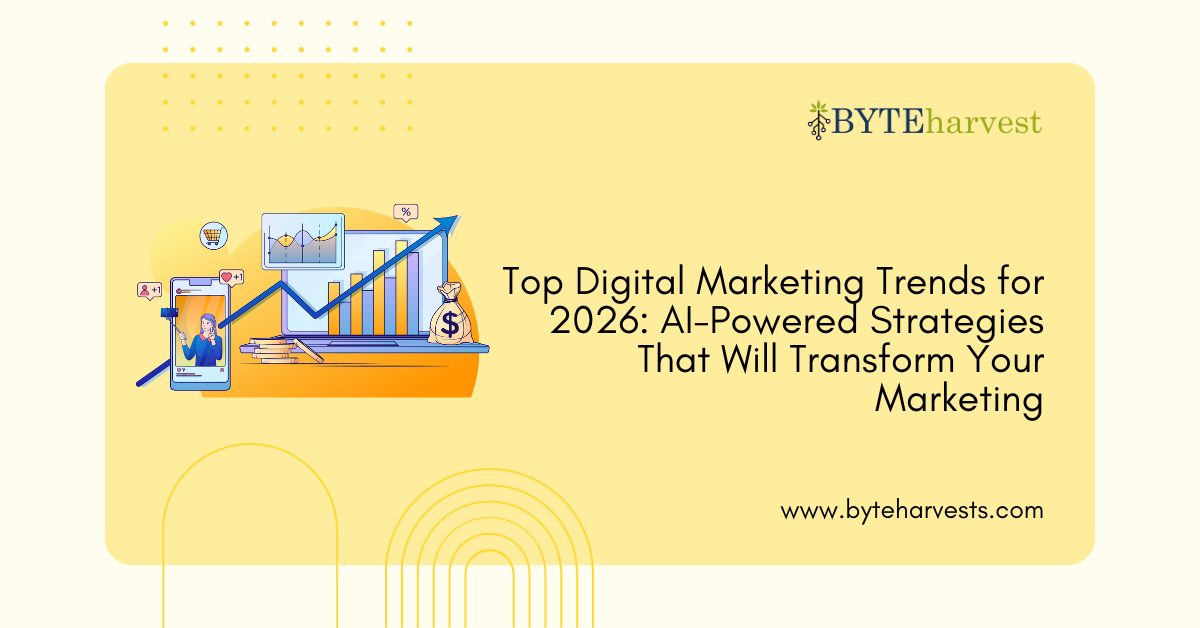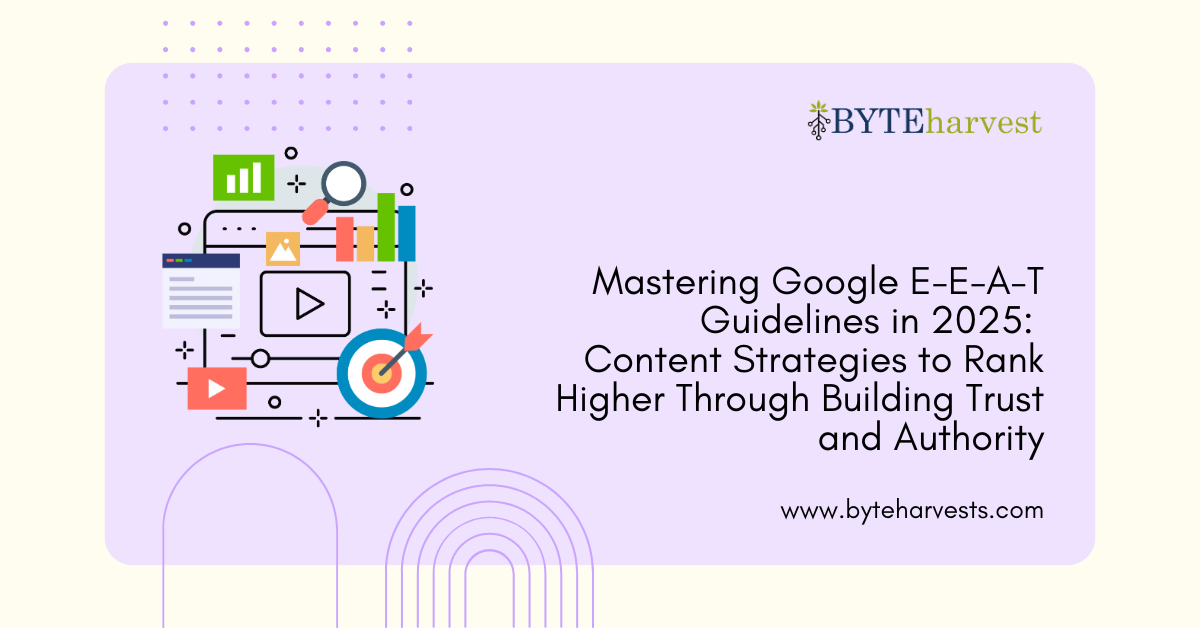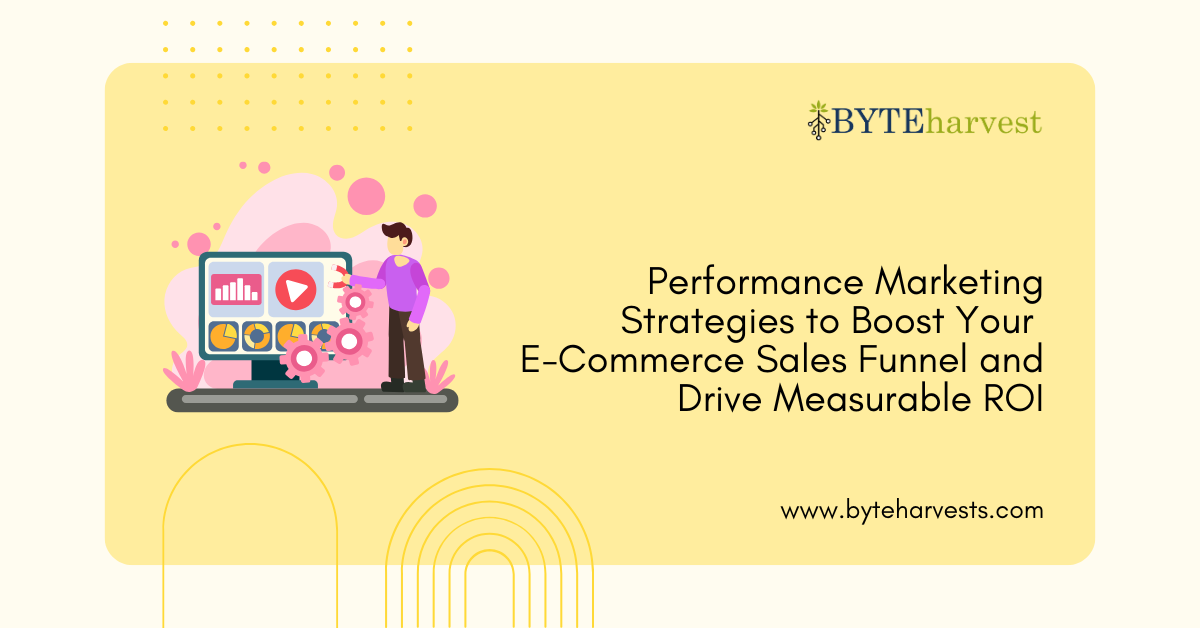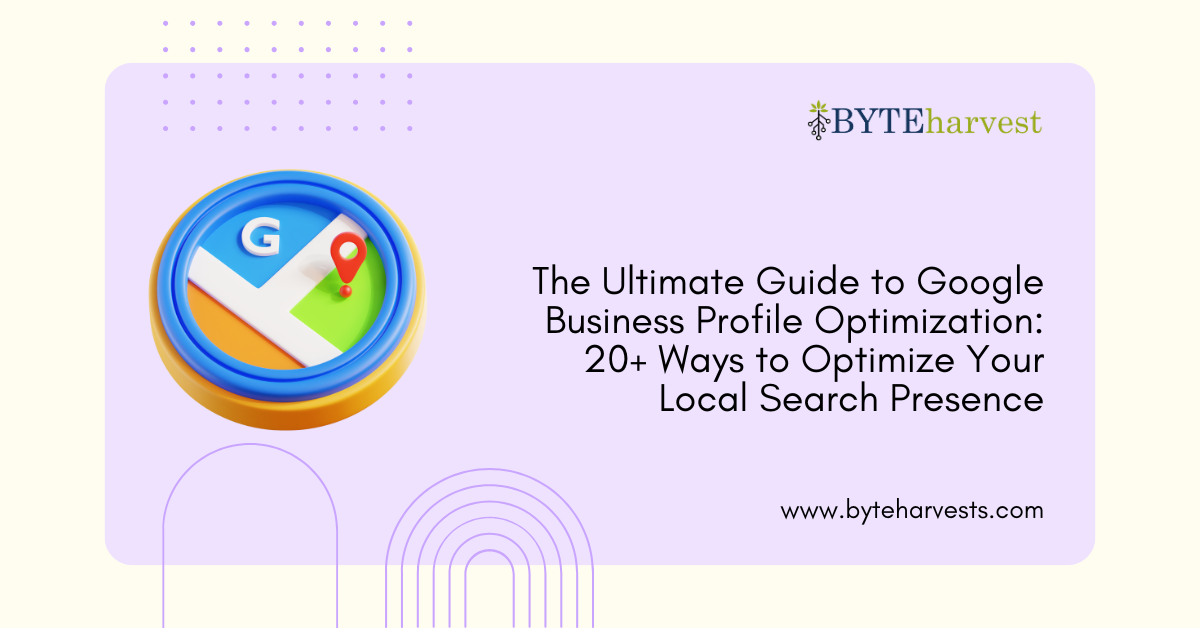Proven PPC Strategies to Maximize ROI on a Small PPC Budget
Managing a PPC budget effectively is often the difference between wasting your ad spend and achieving measurable growth. Whether you’re new to Google Ads or already running a PPC campaign, knowing how to maximize ROI helps ensure your advertising dollars generate conversions rather than disappear without impact. This article breaks down practical, proven PPC strategies to help businesses with a limited budget get the most out of their ad spend.
If you’ve ever found yourself struggling with budget allocation, unsure of how to craft effective ad copy, or wondering how to optimize your landing page for better conversion rates, this blog is worth reading. By the end, you’ll learn how to maximize your PPC results, improve ROI, and apply budget-based techniques to make your campaigns work even on a small PPC budget.
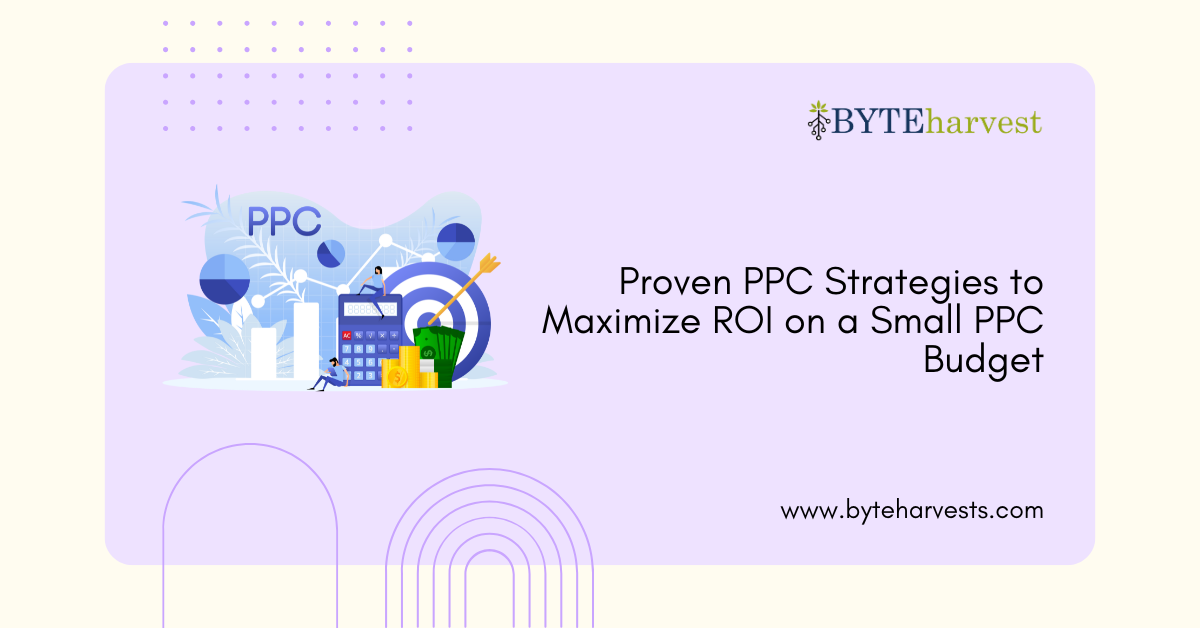
Outline of the Article
- Understanding PPC and ROI in Budget-Based Advertising
- The Role of PPC Budget Allocation in Maximizing ROI
- Crafting Compelling Ad Copy to Ensure Your Ad Converts
- The Importance of Landing Page Optimization for PPC Success
- Smart Bidding and Proven PPC Bidding Strategies
- How to Allocate Your PPC Budget for Better ROI
- Advanced PPC Strategies to Maximize Conversions on a Limited Budget
- Common PPC Mistakes That Drain Your Budget and How to Avoid Them
- PPC Management: Tools Like Google Ads Dashboard for Effective Budget Control
- Turn Your PPC Campaigns into ROI-Driven Success Stories
Understanding PPC and ROI in Budget-Based Advertising
Effective PPC advertising is about aligning budget with measurable outcomes. You’re not just spending money; you’re investing in visibility and measurable clicks. The goal is to ensure that your ad spend delivers a positive return on investment (ROI).
The core challenge lies in budget management. A PPC budget can be tight, especially for small businesses. That’s why using your budget wisely is crucial. Even with a small budget, you can generate impact by focusing your spend on high-intent keywords, optimizing ad relevance, and enhancing your overall PPC performance.
Platforms like Google Ads reward PPC strategies that prioritize ad relevance and landing page experience. By doing this right, you can ensure your ads reach the right people and maximize your ROI on a limited budget.
The Role of PPC Budget Allocation in Maximizing ROI
Effective PPC budget allocation is one of the most important levers you can pull for PPC success. Choosing where to put your ad budget helps determine whether your campaign will sink or succeed. Rather than spreading your daily budget thin across various keywords, it’s smarter to focus your budget on your top-performing ad groups.
If you allocate your PPC budget thoughtfully, you not only stretch your budget effectively, but also improve your overall conversion rate. For example, high-intent keywords with lower competition can provide better ROI compared to generic keywords.
Many businesses waste money by pursuing too broad a reach. Instead, tailor different ad formats or test various ad placements to avoid wasting your budget. Eventually, you can even gradually increase your budget once you’ve identified effective PPC campaigns worth scaling.
Crafting Compelling Ad Copy to Ensure Your Ad Converts
Good ad copy is more than writing catchy headlines. Every word must align with your PPC campaign, drive clicks, and boost conversion. Effective ad relevance between your ad copy and landing page ensures that Google Ads rewards you with better placement while lowering your PPC cost.
To ensure your ad stands out, highlight solutions to customer problems, use urgency-driven calls-to-action, and include differentiators unique to your offer. Use ad extensions to provide more context, direct users to different ad formats, or drive higher click-through rates.
When combined with smart ad placement and well-crafted ad groups, great ad copy can significantly improve PPC ROI—particularly with a limited budget.
The Importance of Landing Page Optimization for PPC Success
Your landing page acts as the connector between your paid traffic and actual conversions. Without optimizing it, even the best ad copy wastes money. An optimized landing page improves conversion rate, lowers cost per acquisition, and guarantees better results from your ad spend.
Consistency between your ad copy and landing page also boosts ad relevance, resulting in improved PPC performance. Use clear CTAs, mobile responsiveness, and trust signals like reviews to build credibility.
Remember, a high-quality landing page not only enhances ROI but also allows you to maximize your return on a limited budget by making every click worth more.
Smart Bidding and Proven PPC Bidding Strategies
Incorporating bidding strategies into your PPC management is key to scaling campaigns. From manual bidding to smart bidding, using strategies like target CPA or maximize conversions, your budget can be aligned with performance goals.
With PPC budget management, you must balance experimentation with cost efficiency. Whether you’re targeting a specific return on ad spend (ROAS) or aiming to maximize clicks, the right approach ensures you don’t drain your budget unnecessarily.
Smart PPC bidding strategies can help you gain top ad placements, control PPC cost, and ultimately achieve maximum ROI—even on a small budget.
How to Allocate Your PPC Budget for Better ROI
Allocating budget is not about spending more, but spending right. A budget helps build structure: decide which ad groups justify more spend, and which ones need to be paused. By allocating your budget toward high-conversion avenues, you can maximize your ROI.
Using use tools like Google to track progress via a PPC dashboard can help align with your budget goals. Sometimes you must distribute your budget differently, assigning more to campaigns that deliver successful PPC campaign conversions.
Keep in mind: an effective budget work cycle involves testing, analyzing, and re-allocation, which ensures that you constantly optimize your PPC budget for improved outcomes.
Advanced PPC Strategies to Maximize Conversions on a Limited Budget
Advanced methods like smart PPC bidding, audience segmentation, and turn your PPC campaigns into ROI machines are available to those ready to experiment. Using highly specific PPC strategies, PPC experts often recommend optimize PPC techniques such as retargeting and lookalike audiences.
These methods help ensure you don’t run PPC campaigns without measurable results. By leveraging different ad formats on PPC platforms, you gain flexibility—even when working on a budget without large reserves.
Such advanced methods allow you to achieve success in PPC, increase conversion rate, and prove that even on a limited budget, you can generate effective PPC campaigns.
Common PPC Mistakes That Drain Your Budget and How to Avoid Them
There are several common PPC issues that can drain your budget and reduce returns. For instance: targeting too broad an audience, ignoring ad extensions, or failing to match ad relevance with keyword intent.
Another mistake in PPC advertising campaigns is not testing various ad versions or neglecting to adjust your budget after performance analysis. If you manage your PPC without refining campaigns regularly, you may fail to reach your full potential.
Following these avoidance strategies ensures your budget work is optimized, resulting in better ROI without unnecessary waste.
PPC Management: Tools Like Google Ads Dashboard for Effective Budget Control
Effective PPC management requires detailed oversight. Platforms like Google provide robust dashboards to help monitor impressions, clicks, and PPC spend. A well-structured PPC dashboard allows you to see what works and what doesn’t so you can allocate more budget where it matters most.
By actively managing your budget and applying PPC budget optimization, you avoid wasting your budget while scaling campaigns that deliver. Remember, budget wisely through continuous analysis is key to confident decision-making.
Turn Your PPC Campaigns into ROI-Driven Success Stories
To truly turn PPC campaigns into profitable channels, focus on long-term optimization. With strong budget based strategies, you maximize efficiency. Regular testing of different ad formats, improved ad placement, and PPC budget allocation all contribute to higher efficiency.
Eventually, you’ll reach a stage where you can ensure your ads reach highly relevant users, deliver better results, and achieve success in PPC with an effective PPC budget.
By applying all these principles, you transform even a small PPC budget into your strongest marketing investment tool.
Key Takeaways
- Always align budget with ROI goals for efficient PPC advertising.
- Effective PPC budget allocation ensures your ad spend generates conversions.
- Strong ad copy boosts PPC campaign relevance and lowers PPC cost.
- A well-optimized landing page improves conversion rate and maximizes ROI on a limited budget.
- Use bidding strategies like smart bidding to maintain return on ad spend.
- Continuously adjust your budget, test various ads, and use a PPC dashboard for insights.
- Avoid common PPC mistakes that can drain your budget.
- Even on a small budget, effective planning turns PPC efforts into profitable growth.

